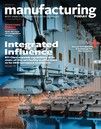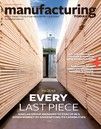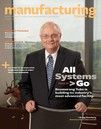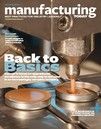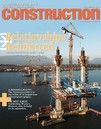GPS Inc. Supports Made ‘As If’ in the USA…
The April 24th eight-story garment factory collapse in Bangladesh that killed 1,127 workers drew the international spotlight on Western companies taking advantage of cheap labor, but not enforcing Western standards in terms of fire and safety regulations. How Western companies should respond and if they can play a critical role in reform is now the issue for debate.
Corporate Interest Should Include Worker Safety
America’s Walt Disney Company made headlines by pulling out completely in Bangladesh, while more than 30 mostly European companies (these include H&M of Sweden, Zara’s parent Inditex of Spain, Carrefour of France, and Tesco of the UK—note that Abercrombie & Fitch Co. and Calvin Klein’s parent PVH are the only two firms from the US participating) have signed a labor union backed safety accord requiring them to fund the repair and renovation of the factories that they utilize there.
Wal-Mart Stores Inc., Gap Inc., Sears Holding Corp. and J.C. Penney Co. have refused to sign due to the legal enforcement of the agreement and the possibility that their companies could be held liable. The National Retail Foundation (NRF) announced that is working with other trade groups from the United States and Canada to come up with its own version of a safety agreement for Bangladesh.
GPS Inc. urges USA retailers to arrive at a suitable agreement that protects shareholders, yet makes improving worker conditions in Bangladesh a priority. Our clothing retailers should learn from Nike’s example, which responded to public outcry to become a leader in improving its manufacturing conditions in Asia. Reform can be achieved in a responsible manner to everyone’s benefit.

